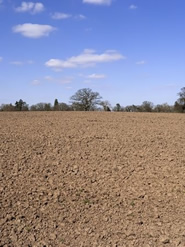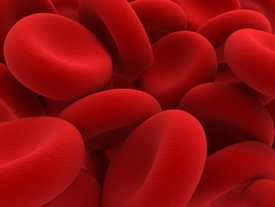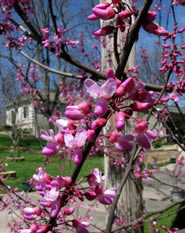 Winter is a fallow season, both for the earth and her gardens as well as for our bodies. During this time, we feel sluggish and prone to influences of cold. While we don’t hibernate like bears, we still feel the need for more sleep and warmer foods such as soups and stews.
Winter is a fallow season, both for the earth and her gardens as well as for our bodies. During this time, we feel sluggish and prone to influences of cold. While we don’t hibernate like bears, we still feel the need for more sleep and warmer foods such as soups and stews.
The shorter days and longer nights tend to encourage us to cocoon in our homes. We exercise and move less during these periods.
It is very important to continue with body treatments that encourage our blood and Qi to “get up and go” as we prepare for the spring season and becoming more active again.






